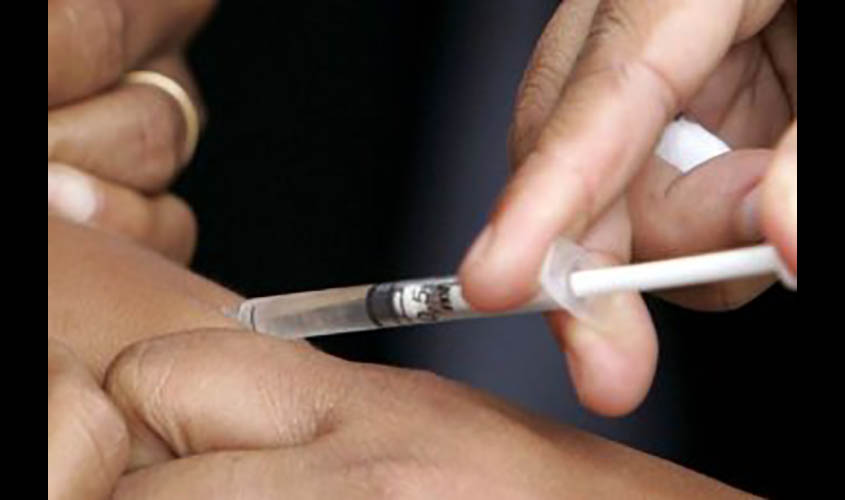The prestigious journal Nature Medicine, in its February issue reported that the Indian Council of Medical Research (ICMR) is to do a clinical trial of a tetanus toxoid vaccine (TT) laced with a pregnancy hormone, human chorionic gonadotropin (hCG). It is to be studied on 120 women in India.
This “vaccine” against pregnancy was developed by Dr G.P. Talwar in 1972. The idea is to produce antibodies to the pregnancy hormone, such that the women would not be able to carry a normal pregnancy. Women who were pregnant would abort and those not pregnant would be rendered infertile. The report is indeed disturbing. A few months earlier an article entitled “HCG Found in WHO Tetanus Vaccine in Kenya Raises Concern in the Developing World” was published by Oller and colleagues in the Open Access Library Journal.
The Oller report described young women in Kenya who were vaccinated with this “Talwar vaccine” on the pretext of preventing maternal and neonatal (baby) tetanus. Many of the samples of the tetanus vaccine that tested positive for hCG was sourced from the Serum Institute of India.
The vaccine programme was promoted by the WHO and the Kenyan government, funded by the Gates Foundation. Mothers-to-be were encouraged to take the vaccine to prevent tetanus in their unborn babies, without being told that the vaccine would prevent the baby from
In the context of these reports of the unethical use of the “Talwar vaccine” in Kenya, manufactured by Serum Institute of India, news of the ICMR study is alarming. It is claimed that the effect of the vaccine is not permanent, but there is no clear evidence that women will be able to conceive at will, after being immunised with this vaccine.
The credibility of the WHO and the Gates Foundation has been irreparably dented by this unethical sterilisation of women in Kenya. It is important that the ICMR, which has already been castigated by the 72nd Parliamentary Standing Committee on Health and Family Welfare for its part in the HPV trial, seriously reconsider the need for this new clinical trial. Parliament and the public must seek to know who or what prompted the ICMR to study this vaccine developed and abandoned in India, 45 years ago.
Jacob Puliyel is a paediatrician. The opinions expressed are his own.

